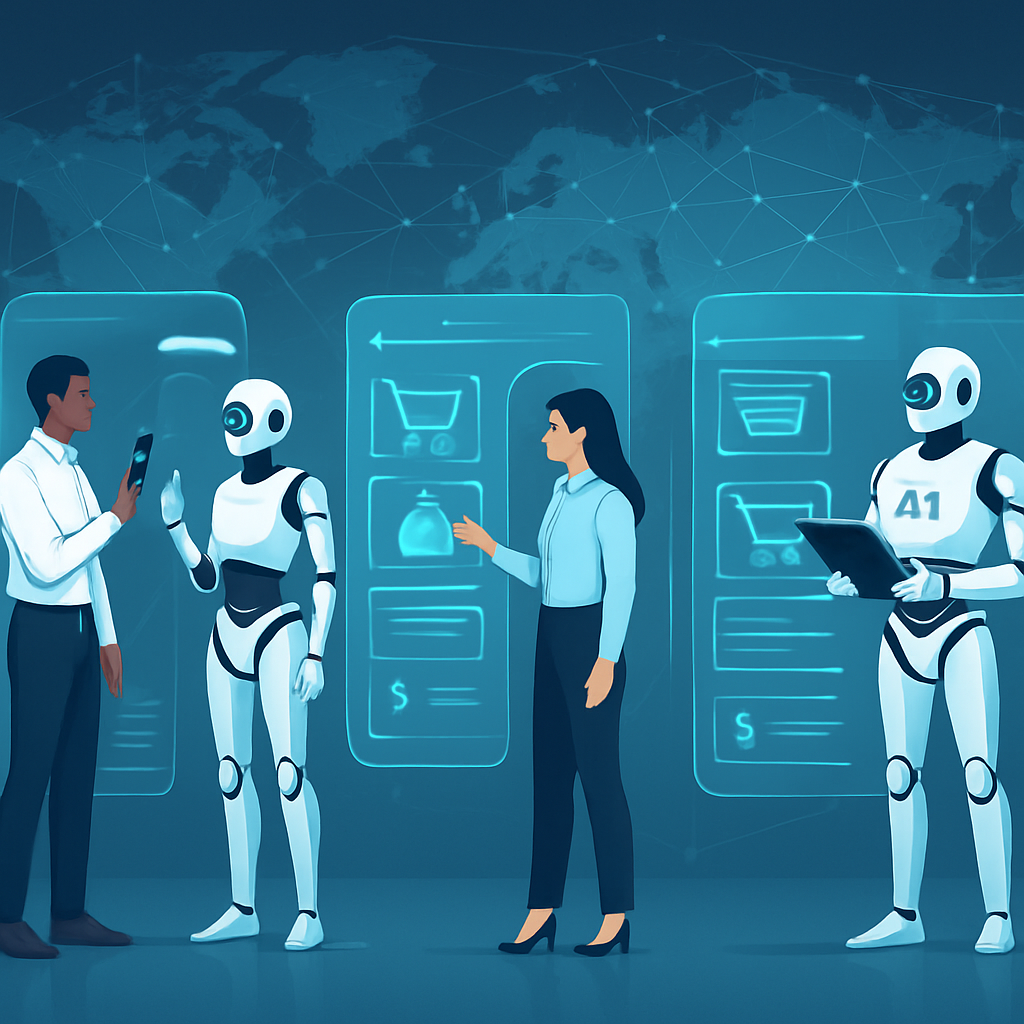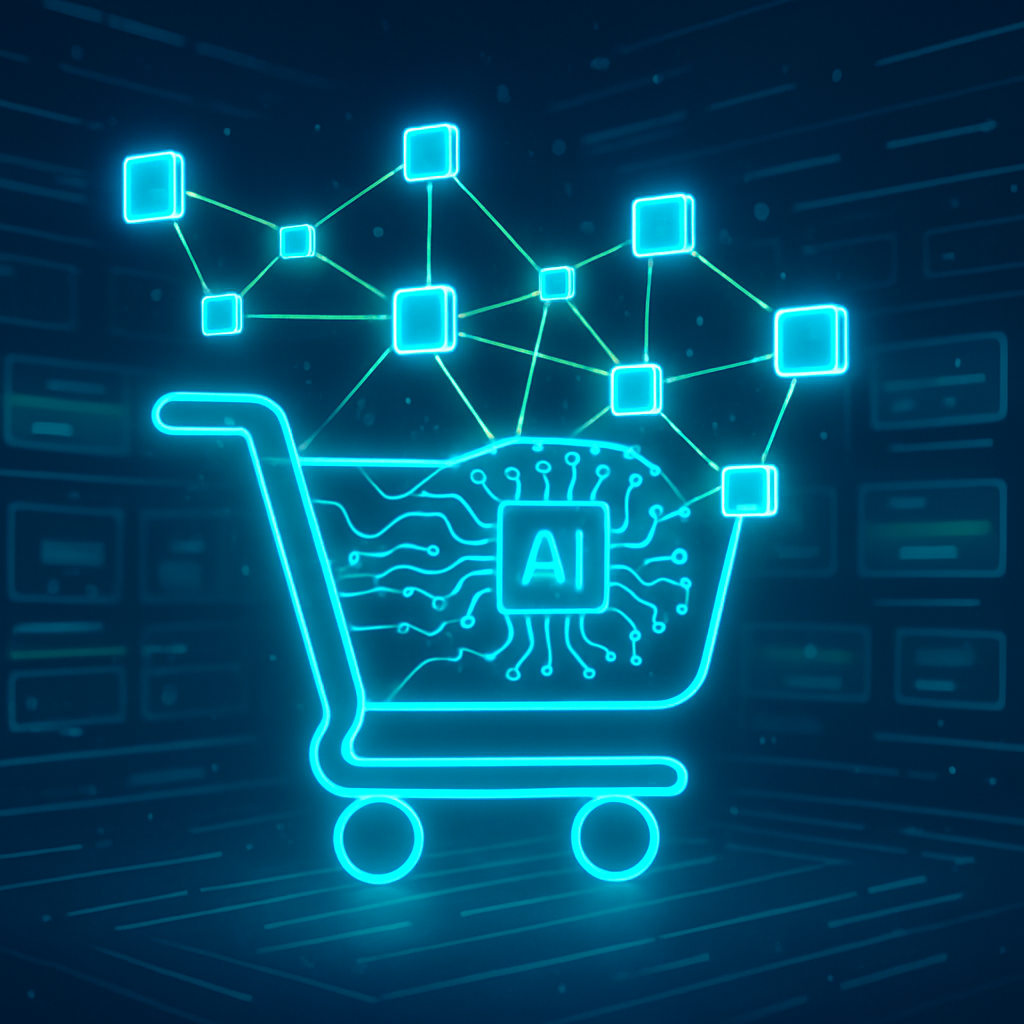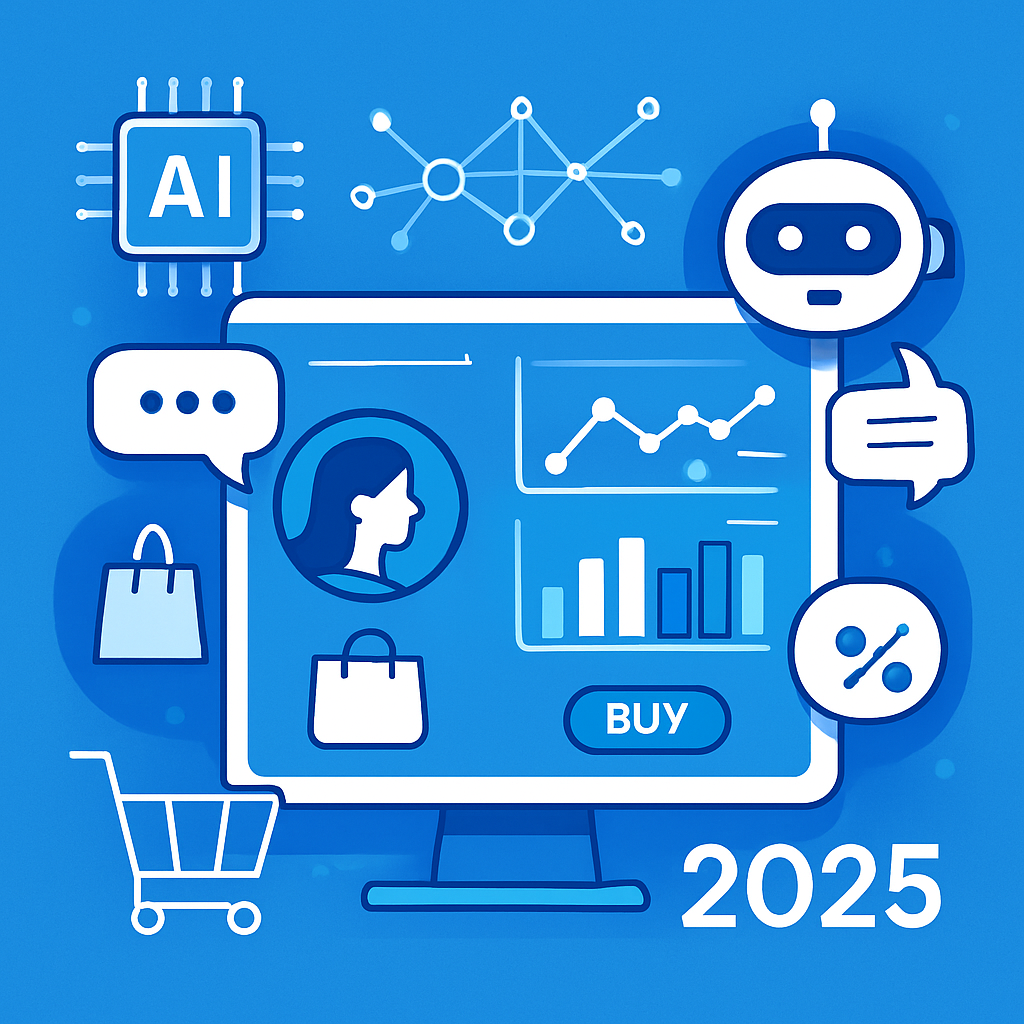
Harnessing Intelligent Machines to Revolutionize Digital Ecommerce Strategy in 2024
The Dawn of a New Era in Digital eCommerce Strategy
In 2024, digital ecommerce strategies are undergoing a profound transformation—one in which intelligent machines stand at the forefront of innovation. These advanced AI-powered systems enhance every facet of online commerce, from customer engagement and supply chain optimization to personalized marketing and decision-making processes. The integration of intelligent machines enables businesses to thrive in an increasingly complex and dynamic digital marketplace.
Understanding Intelligent Machines in Ecommerce
Intelligent machines refer to AI-driven tools and systems that perform tasks traditionally requiring human intelligence, such as learning, reasoning, and problem-solving. In ecommerce, they encompass machine learning algorithms, natural language processing, intelligent agents, and automated decision systems that collectively empower businesses to operate smarter and faster.
Key Technologies Behind Intelligent Machines
- Machine Learning: Enables systems to learn from vast datasets to predict customer behavior and optimize inventory.
- Natural Language Processing (NLP): Powers customer service chatbots and sentiment analysis, improving interaction quality.
- Intelligent Agents: Autonomous programs that manage tasks such as personalized recommendations or dynamic pricing strategies.
- Predictive Analytics: Tools that forecast trends and customer needs to inform proactive strategy adjustments.
Transformative Applications in Digital Ecommerce Strategy
1. Hyper-Personalized Customer Experiences
Leveraging intelligent machines, ecommerce platforms now curate deeply personalized shopping journeys. AI algorithms analyze browsing histories, past purchases, and real-time behaviors to craft product recommendations uniquely suited to each customer. For example, an online apparel retailer integrates machine learning models that adapt recommendations based on evolving fashion trends and individual tastes, resulting in higher conversion rates and customer loyalty.
2. Dynamic Pricing and Inventory Optimization
Intelligent machines enable ecommerce businesses to implement dynamic pricing strategies that adjust costs based on demand, competitor prices, and customer profiles. Coupled with real-time inventory management systems powered by AI, companies avoid stockouts and overstock situations. For instance, a global electronics seller uses predictive analytics to forecast product demand spikes, ensuring stock availability while optimizing warehouse space.
3. Advanced Customer Support Through AI Agents
AI-powered chatbots and virtual assistants offer 24/7 customer support, resolving queries promptly and freeing human agents to tackle complex issues. These intelligent agents can interpret natural language, detect customer sentiment, and provide tailored responses, enhancing satisfaction rates. Consider an online bookstore using NLP-powered chatbots to guide customers through genre selections or assist with order tracking seamlessly.
4. Automated Marketing Campaigns with machine intelligence
Marketing automation tools driven by intelligent machines personalize outreach across email, social media, and onsite messaging based on customer lifecycle stages and preferences. AI systems dynamically optimize campaign content, timing, and channel selection to maximize engagement. An example includes a beauty product ecommerce site deploying AI to identify customers likely to repurchase and delivering timely promotions, increasing repeat sales.
5. Fraud Detection and Risk Management
Security remains paramount, and intelligent machines excel at detecting anomalous behaviors signaling fraudulent transactions. AI models continuously learn emerging fraud patterns to protect businesses and customers effectively. For instance, an online marketplace employs machine learning to flag suspicious orders for manual review, significantly reducing chargebacks.
Case Study: Intelligent Machines Redefining a Mid-Sized Ecommerce Brand
Consider a mid-sized home decor ecommerce brand that integrated intelligent machines into its digital strategy in early 2024. By deploying AI-powered recommendation engines and predictive analytics, the company achieved a 35% uplift in average order value and reduced cart abandonment by 20%. Additionally, automated customer service agents resolved 70% of inquiries without human intervention, substantially enhancing operational efficiency.
Challenges and Considerations in Implementing Intelligent Machines
While intelligent machines offer transformative benefits, businesses must address key challenges:
- Data Privacy and Ethics: Collecting and using customer data responsibly to maintain trust.
- Integration Complexity: Seamlessly merging AI systems with existing IT infrastructure.
- Skill Gaps: Ensuring teams have expertise to develop, manage, and interpret AI-driven tools.
- Algorithmic Bias: Monitoring AI for unintended biases to uphold fairness and inclusivity.
Proper governance and strategic planning are critical to navigating these challenges successfully.
The Road Ahead: Intelligent Machines Shaping Ecommerce in 2025 and Beyond
As 2025 progresses, the confluence of intelligent machines and ecommerce will deepen, driven by innovations such as AI consciousness integration, real-time omnichannel personalization, and autonomous logistics solutions. Businesses that embrace this evolution will gain unprecedented agility, insight, and customer connection, paving the way for new digital commerce paradigms.
Conclusion
Intelligent machines have shifted from futuristic concepts to essential pillars of digital ecommerce strategy in 2024. Their capabilities in personalization, automation, and analytics enable brands to deliver optimized experiences and operate more efficiently in a competitive landscape. While challenges exist, a nuanced, ethical approach to implementing these technologies promises to revolutionize how ecommerce businesses engage customers and grow sustainably in the coming years.






